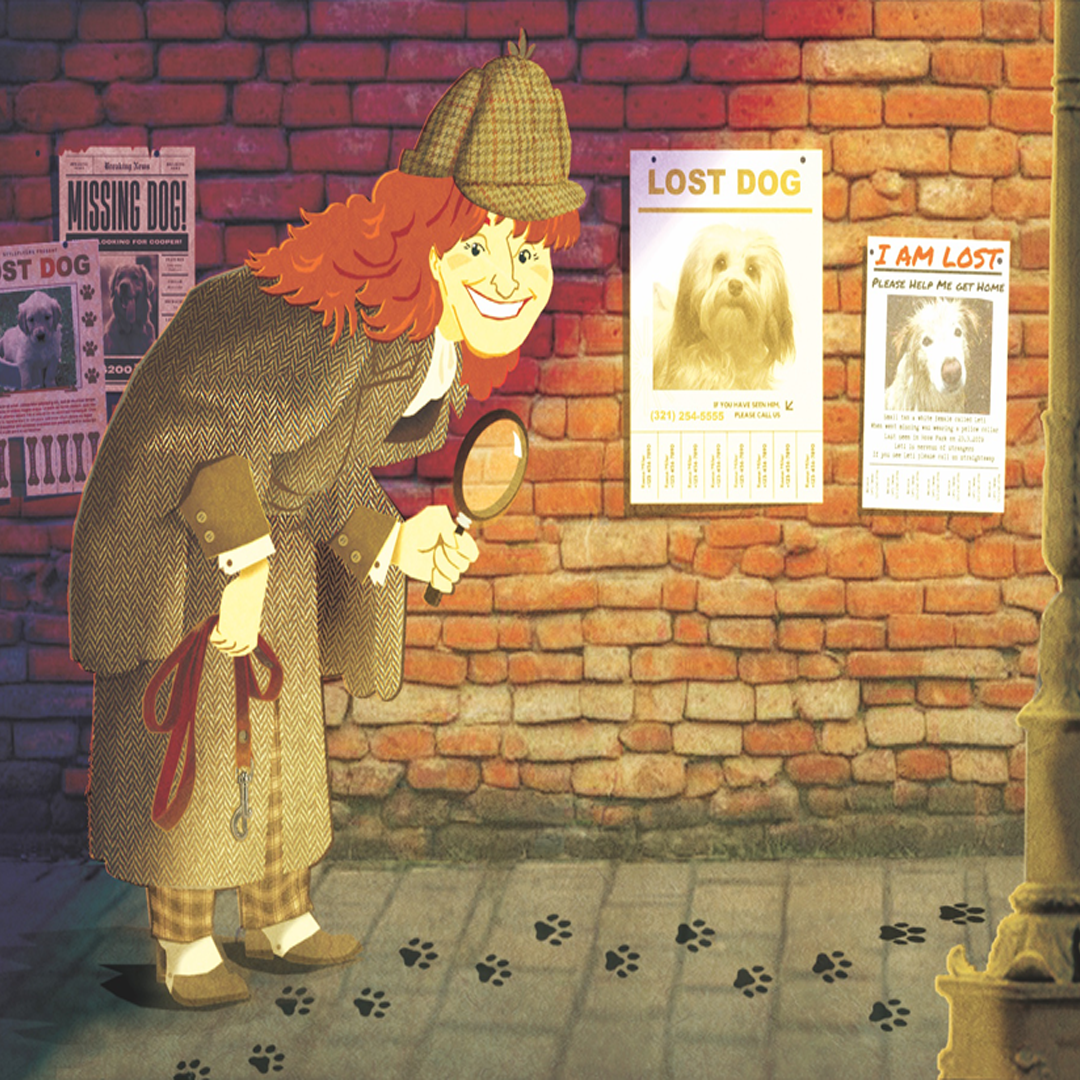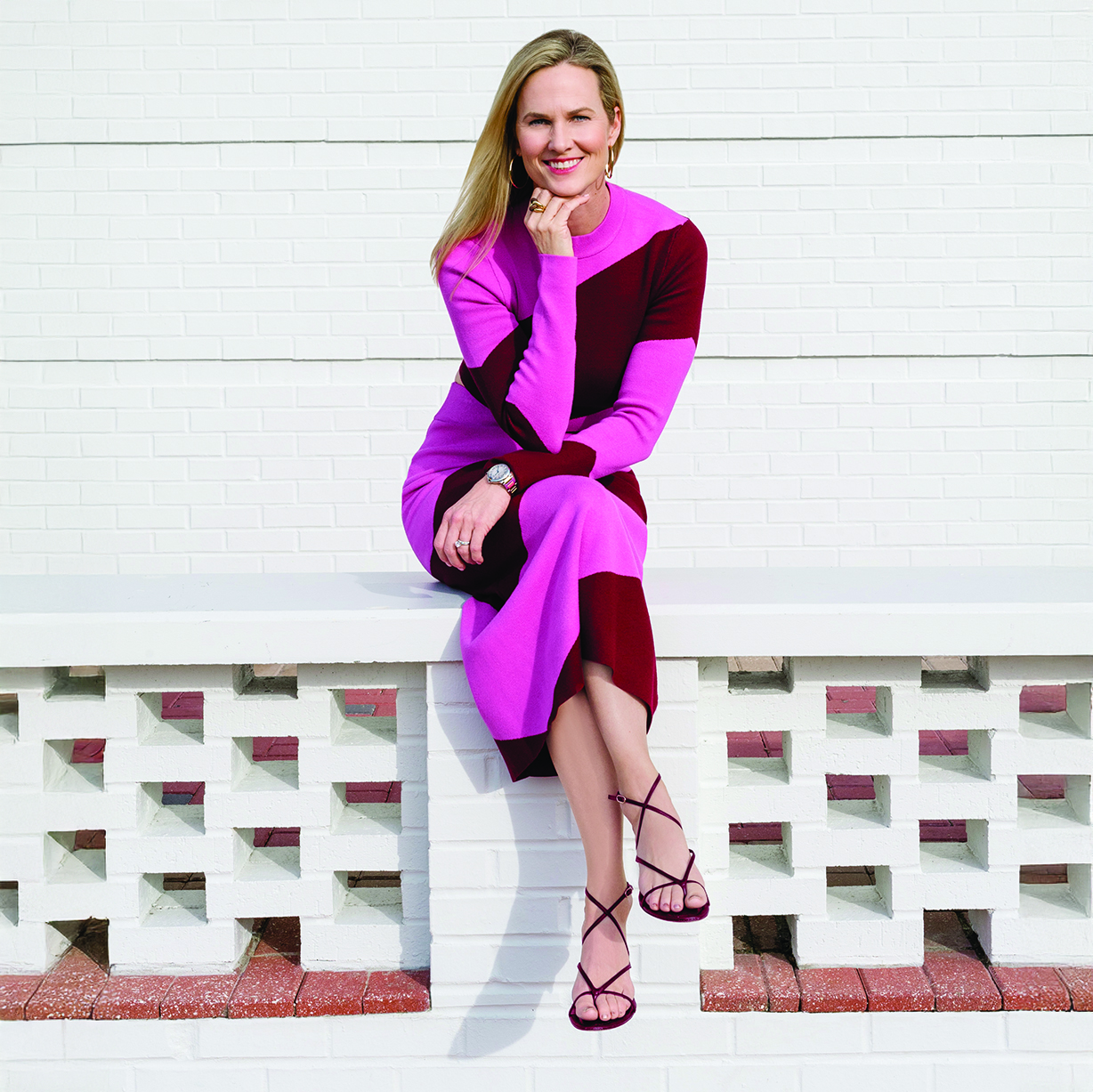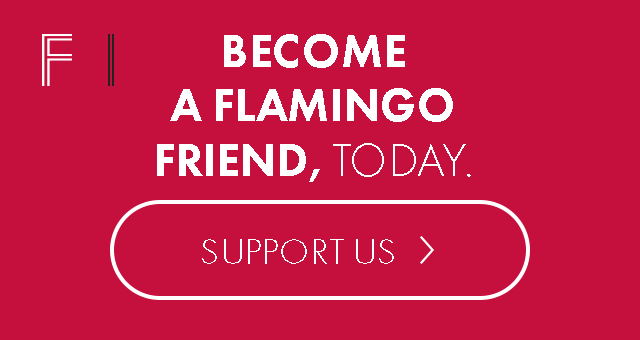by Shelbie Eakins | May 4, 2020
How Nail Polish and an Old Double-Wide Helped Me Find Peace in a Tragedy
In our first "From Florida, with Love" essay, a college student grapples with her new reality in the face of coronavirus

Do you paint your nails during the end of the world?
I mean, not truly the end of the world. The cicadas still sing when the sun sinks low. I still scroll through social media. I baked cookies today and swam in my parents’ pool. If I turn off my phone, nothing about this three-acre space seems particularly apocalyptic. But when I pick that phone up, my tiny window to the world, it feels like it all is burning hotter and hotter with each news push notification.
Each jolting ping makes the pit in my stomach grow two sizes. I fear it will swallow me up soon.
I missed the times when tragedy felt far away.
I took that feeling of dread as a sign that I needed a change of scenery. The options were limited, of course, but I wandered into the living room. It was empty. I saw the silhouette of my mother through the screened back door of the Florida room, her fiery red curls wild atop her head.
The sun had just set in in my hometown of Ocklawaha, in Central Florida. Shadows of her and the dogs were beginning to form on the windows as she started up her patio fire table. The stink of propane hit me hard, but quickly wafted away into the woods. Propane smelled like generators, emergency grills and hurricanes. It smelled like uncertainty.
We settled down by the fire, silent, as flames licked the dead mosquitoes that had mistakenly flown too close. We added to the carcass pile as we swatted them from our bodies.
“The rats probably wouldn’t be so bad if someone lived there every day,” my mother said to no one in particular. “We could make it home if we had to. We’re lucky to even have it as an option.”
My mother and I spoke of the news from the day. We both knew all of the updates. We didn’t need to parrot them again. But still we spoke, more to ourselves than each other. We needed to rehash and process, and we had to do it in real time.
We are both worriers by nature, but she is the master. As she spoke, though, no worry came through. She wondered, out loud, whether she would be able to keep up with bills now that her kindergarten classroom would lay dormant for five months. Her check was used for car payments and groceries. She had already taken her second trip to the grocery store and both refrigerators were stocked with enough food for our family and our animals for one month’s time. My father, a truck driver, is considered essential, but my mother knew shipments would inevitably slow. His check paid for everything else.
“Well, they can take the cars. I’ll still have something to drive,” she said blankly.
Six months ago, my father had driven home in a beat-up 2001 Ford Expedition. It looked drab parked next to the other cars in the driveway with its dents and chips. It was the latest in a long string of my father’s infamous Facebook Marketplace bargains, and the glimmer in his eye was contagious.
“For $1,800 and a little elbow grease, it’s ours!” he had exclaimed.
It was an old horse, but it drove. It would last long enough to get us to my grandparents’ empty mobile home if the debt collector came calling.
My mother talked about the mobile home. In the 1980s it was a top-of-the-line double-wide. Forty years later it’s used primarily as storage. The green and white siding is beginning to peel. Squirrels and rats gnaw through the sun-bleached walls, up through the carpet and into the linoleum kitchen cabinets.
My grandfather goes in every few months to rid the trailer of critters, but they always find their way back.
“The rats probably wouldn’t be so bad if someone lived there every day,” my mother said to no one in particular. “We could make it home if we had to. We’re lucky to even have it as an option.”
After twenty or so mosquito bites swelled on my arms, I decided to head back inside.
I sat on my bed motionless for a while. One by one the cats came and curled up around me.
I had my answer.
It may not be the end of the world. It may not even be the end of mine. But the pain I feel at the thought of it is real.
Tragedy is a huge part of existence. Everyone experiences it. We all share it and compare it. We rate it with no rubric and score it with no prize.
I have seen stories of hardship and pain every day since this pandemic began. It seems that almost all of us have a story of fear or sorrow like mine. And yet, instead of coming together in support, we so often fragment ourselves further by becoming gatekeepers of trauma. We decide who should openly feel these emotions while using everchanging standards. It’s painful and vicious and we do it for fun.
I didn’t want to be a part of that cruel game anymore. I decided to let myself deeply feel everything I had been hoarding in my heart.
There was nothing that I could do to escape the uncertainty. But neither could anyone else. It was then that I realized I could take some solace in the freefall.
It was the end of the world as I knew it. That much was certain. And yet I couldn’t help but think of what might come next—what we all might be falling into.
Wiping tears from my eyes, I went to my dresser and pulled out a baby pink nail polish. Then I went back for gold glitter. Whether or not it’s the end of the world, I want to paint my nails. And so I will.
Shelbie Eakins is from Ocklawaha, Florida and a senior studying journalism at the University of Florida.






